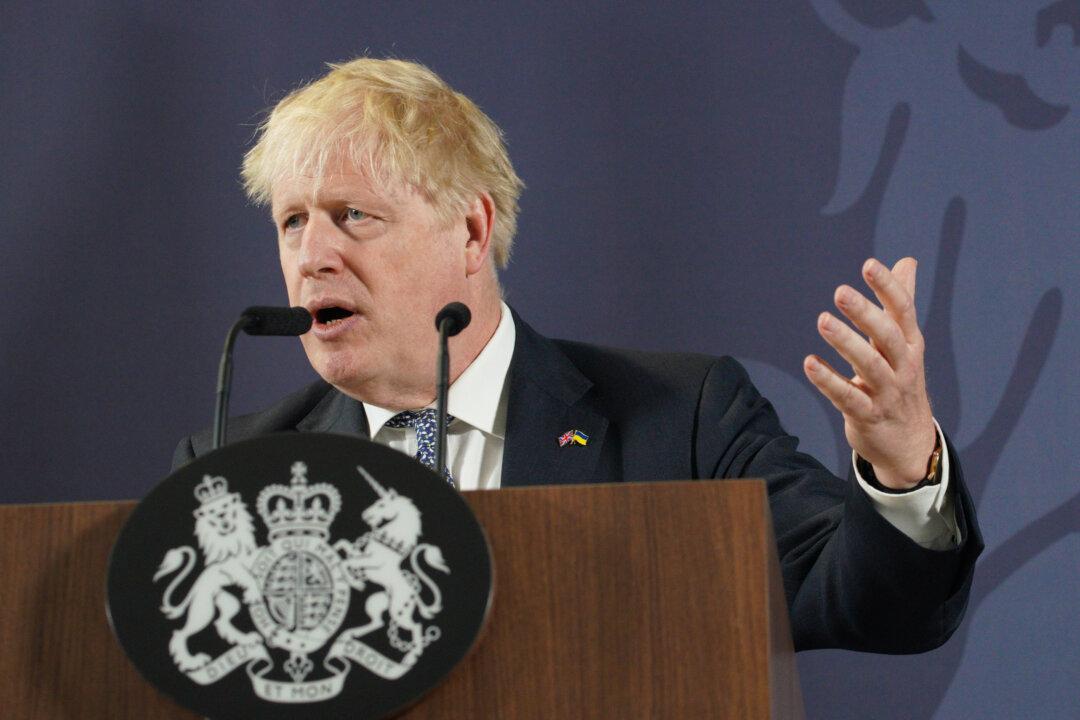Downing Street on Friday said Prime Minister Boris Johnson has told ministers to do “everything in their power” to free two British citizens sentenced to death by a pro-Russian court.
Aiden Aslin, 28, and Shaun Pinner, 48, both from England, were sentenced to death on Thursday along with a Moroccan national, Brahim Saadoun, 21, by the Supreme Court of the separatist Donetsk People’s Republic.





